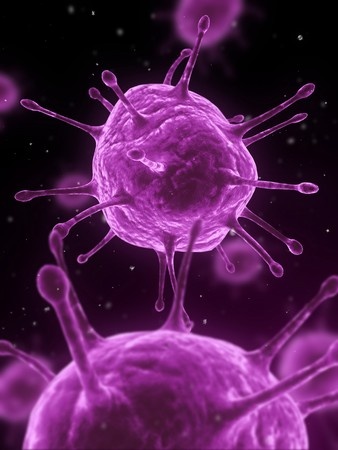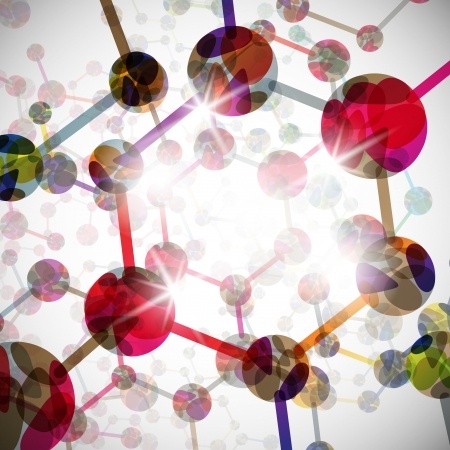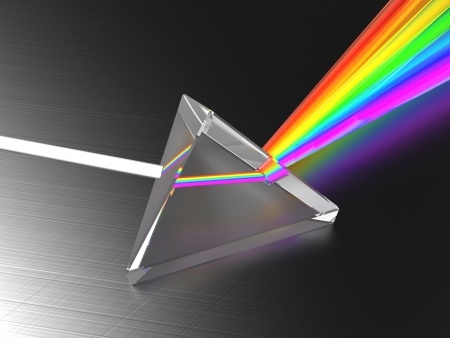Screen time and body clocks, e-cigarettes, a chem bond being born and a stellar happy face – what more could your science students want to get revved up about your class! This eclectic collection of current science news stories is brought to you by STAOBlog.
SciNews is published every Monday and Thursday. Stay tuned for more.
 Biology
Biology
Screen time can mess with the body’s ‘clock’. Science News for Students.
Anyone who does the opposite — say, turning on an iPad or other similar electronic reader in bed — may have a harder time both dropping off to sleep and shaking that groggy feeling the next morning. That’s the conclusion of a new study. Sleep experts at Brigham and Women’s Hospital in Boston, Mass., found that the light from a tablet computer upsets the body’s internal clock. And that can create real health and safety risks, the researchers say. Reading a printed book did not have the same effect. They reported their findings January 27 in the Proceedings of the National Academy of Sciences. Read more…
E-cigarettes lower immunity to flu and other germs. Science News
Electronic cigarette vapors can trigger substantial inflammation in the lung, a new study in mice finds. And that may make the animals more susceptible to infections by bacteria and viruses, such as strep and flu germs. Read more…
Chemistry

Magnitude of plastic waste going into the ocean calculated: 8 million metric tons of plastic enter the oceans per year. Science Daily.
How much mismanaged plastic waste is making its way from land to ocean has been a decades-long guessing game. Now scientists have put a number on the global problem. Their study found between 4.8 and 12.7 million metric tons of plastic entered the ocean in 2010 from people living within 50 kilometers of the coastline. Read more…
First glimpse of a chemical bond being born. Science Daily
Scientists have gotten the first glimpse of the transition state where two atoms begin to form a weak bond on the way to becoming a molecule. This fundamental advance, long thought impossible, will have a profound impact on the understanding of how chemical reactions take place and on efforts to design reactions that generate energy, create new products and fertilize crops more efficiently. Read more…
Physics
When entering a black hole, fasten your seat belt. Science News
As if someone falling into a black hole wouldn’t face enough problems, new research reveals that the approach could get bumpy. Interacting ripples in spacetime can create turbulence in the vicinity of a black hole, scientists report in a paper to appear in an upcoming Physical Review Letters. Their study builds on previous research suggesting that gravity could imitate the flow of fluids in the vacuum of space. Read more…
Earth and Space Science
A smiling lens: ‘Happy face’ galaxy cluster reveals arcs caused by strong gravitational lensing. Science Daily.
An image taken with the NASA/ESA Hubble Space Telescope shows what appears to be a smiling galaxy cluster SDSS J1038+4849. In the case of this “happy face,” the two eyes are very bright galaxies and the misleading smile lines are actually arcs caused by an effect known as strong gravitational lensing. Read more…
Astronomers Spot a Supernova in the Making. Discover.
Astronomers can see into the future of the two superdense stars racing around the center of  planetary nebula Henize 2-428. And it doesn’t look good. Their racetrack is slowly (but steadily) shrinking. And in 700 million years, they will crash into each other, igniting a Type Ia supernova. In over a century of astronomers studying supernovae, this is the first time they’ve seen this type of supernova in the making. Read more…
planetary nebula Henize 2-428. And it doesn’t look good. Their racetrack is slowly (but steadily) shrinking. And in 700 million years, they will crash into each other, igniting a Type Ia supernova. In over a century of astronomers studying supernovae, this is the first time they’ve seen this type of supernova in the making. Read more…

